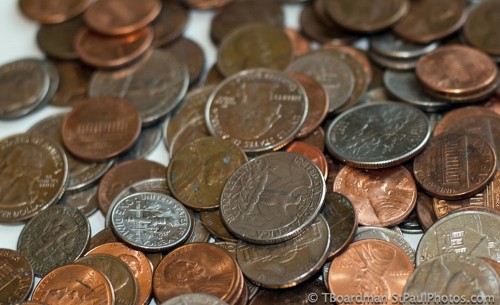 Earnest money is money paid to confirm a contract. People who make an offer on a house draw up a purchase agreement and offer earnest money. Earnest money isn’t required but it is often expected and is considered a kind of standard business practice.
Earnest money is money paid to confirm a contract. People who make an offer on a house draw up a purchase agreement and offer earnest money. Earnest money isn’t required but it is often expected and is considered a kind of standard business practice.
The funds are usually in the form of an electronic deposit from a bank account or an old-school paper check. The funds need to be immediately available. They are deposited into a brokers trust account where they are held until the closing.
Usually, the money ends up being used to pay for the house. If the buyer backs he/she/they may end up forfeiting the earnest money and it will go to the sellers.
There are no hard and fast rules about the amount of money a buyer should offer. Generally, $1000 dollars is a starting point for homes in St. Paul and there is no limit to how much money can be offered. I have had buyers offer $25,000 or more.
The amount of earnest money offered is usually part of the negotiating strategy. It shows the sellers that the buyer is serious. Sometimes sellers will counter an offer and ask for more earnest money. The money forces the buyers to have some skin in the game.
Once a seller accepts an offer the house is tied up for a time. Even though it is usually left on the market until inspections are completed it may be largely ignored by other buyers. Sellers want to know that the buyer will not back out.
Purchase agreements are usually structured in such a way that the buyer gets the earnest money back if he/she/they if they decide not to buy the home because of issues on the inspection or in the case of a condo if they are not comfortable with what is in the association documents and financials.
Buyers may also be able to get their earnest money back if the financing falls through. Again it depends upon how the purchase agreement is written.
Sometimes in multiple offer situations, buyers will offer more earnest money and the contract will allow the sellers to keep it if the financing falls through.
In the end earnest money usually isn’t enough to compensate sellers if the purchase falls through and they have lost time on the market.
Buyers earnest money is safe. There are numerous laws that dictate how the money is kept and accounted for. Real estate is regulated by the state. People who are buying property outside of Minnesota should consult a professional in their state.
